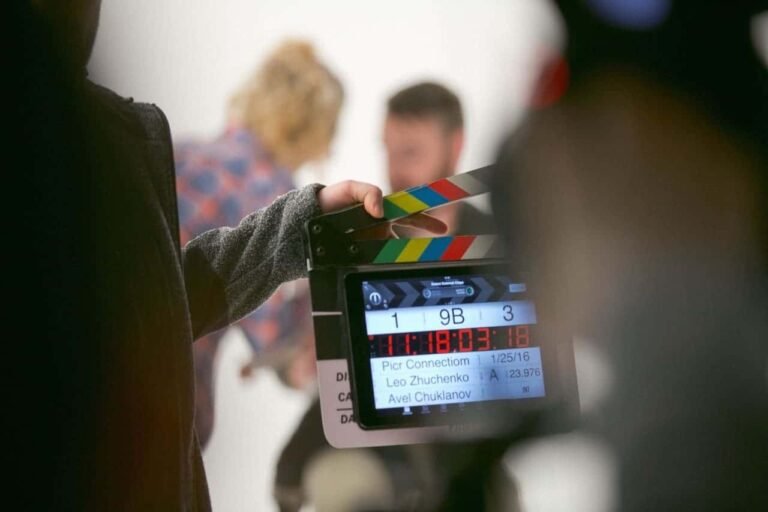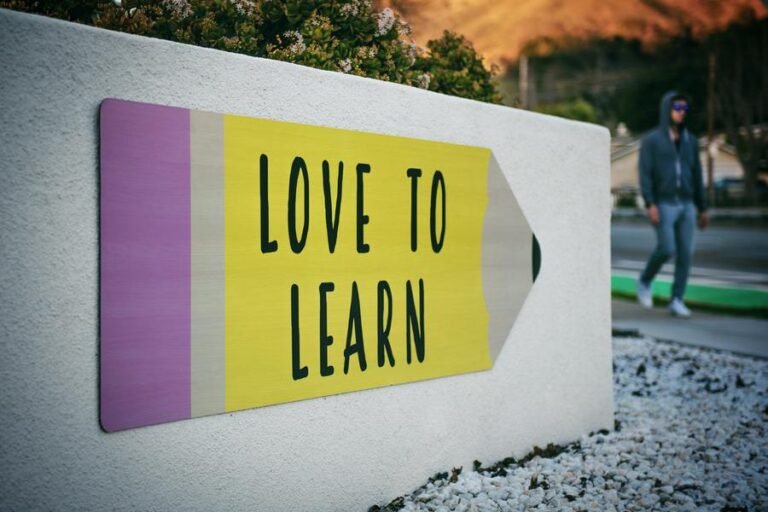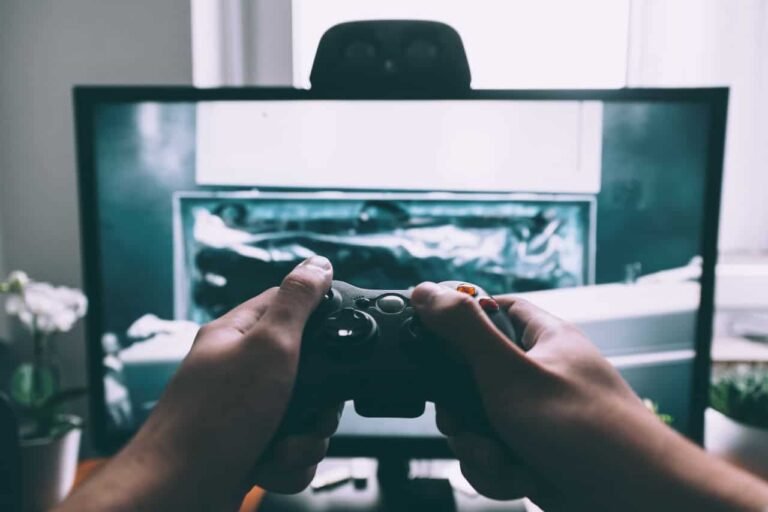If at first you don’t succeed, don’t try harder!
Ever been in this scenario?…
You try something, you fail…
You try that something again and you still fail….
You try once more and you either scrape through or you give up, because what you’re trying to achieve feels impossible!
Going for goal
One of the challenges with learning something or performing a task, whether at school, university or in work, is that ‘goal based’ systems are often used to assess our performance. Achieving the goal of obtaining a certain mark or grade typically demonstrates a level of competency in a subject, or alternatively, managing to produce an ’end product’ does.
Where a subject or task ‘feels’ difficult or unnatural to us, our natural inclination may be to try harder to achieve a grade or complete the task. And in ‘trying’ to achieve those things, we become focussed on one thing – the goal, rather than the means by which we are going to achieve it.
If you add any element of pressure to perform from whatever source to this, then despite our best intentions, goals can suddenly feel harder and harder to achieve. If you add any delay or procrastination into that mix, the pressure can suddenly seem immense.
A correct approach?
Of course, adrenalin and our sheer determination often sees us through at the end of the day, but is that really the best way to achieve something, or are we setting ourselves up for disappointment at some point by using that approach?
A musical example is useful for demonstrating this point. How many people give up a musical instrument because they try harder and harder to play a piece correctly, but despite all their determination and ‘hard work’, it gets no better and their initial enthusiasm to learn just evaporates?
The simple point here is that the common perception that determination and hard work achieves good results is somewhat flawed. If you try to play something right once and get it wrong and then try harder to play it right again, it won’t be right, because it was wrong the first time round and therefore, by trying harder to get it right by trying exactly the same thing, you’re just exacerbating the wrongness!
Allowing yourself to stop
So what do you do to ‘try’ to get something right if it’s proving difficult? Well, perhaps the answer is that you don’t try at all. You stop and allow yourself the opportunity to ‘do’ something different. You consider and take an entirely different approach.
In allowing yourself to take a different approach, you immediately shift the focus from the goal, to the means by which you are going to set out in achieving that goal. And in that way, you can then give due consideration to the steps that you need to take to allow the goal to be achieved by itself.
Sequencing
We can amidst the pressure of ‘trying’ to achieve something, forget that a goal is rarely achieved of its own accord. Arriving at a goal is made up of a series of events, each of which form a sequence to get us from A to B. Shifting the emphasis away from the goal, takes the pressure off thinking about the goal (and for some people that can also mean alleviating the anxiety that arises by thinking that we aren’t going to achieve our goal and its potential consequences).
‘Trying’, ‘hard work’ and ‘effort’ are words that are commonly associated with achieving competency. Whilst these traits may seem admirable, unfortunately they don’t necessarily equate to the achievement of goals. Moreover, they can result in disenchantment, boredom and potentially severe burnout in talented individuals. The ability to stop, think, plan and reason in order to form a natural path to the goals that we seek can in my experience, be far more effective.
Understanding how goals are achieved
Of course reaching our goals is only one part of the equation. Retaining and improving our level of competence once we have achieved our goals is an ongoing journey, but one that can only be considered if we can look back and understand how we managed to achieve our goals in the first place.








